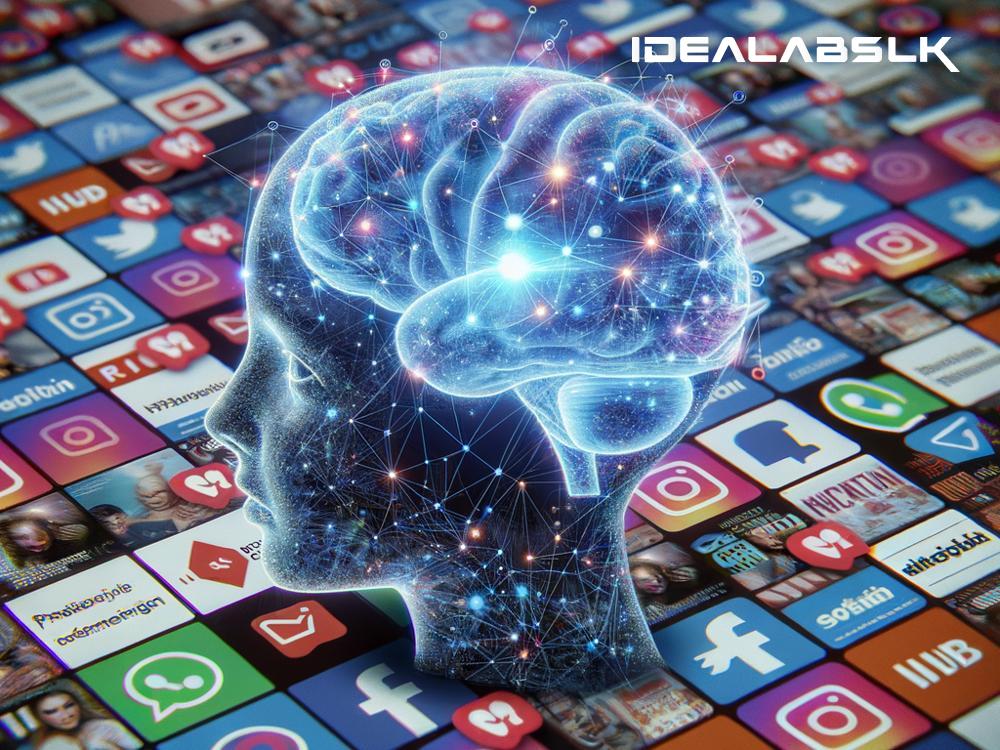In today’s fast-paced digital world, social media platforms aren't just places where we connect with friends and family but also massive marketplaces where ads are targeted at us in incredibly personalized ways. These ads know what we like, what we’ve searched for recently, and even predict what we might want next. The secret ingredient behind this super-targeted advertising? Predictive AI, or artificial intelligence that crunches vast amounts of data to make predictions about our future behavior. But as cool as that sounds, it brings us to a big, gnarly question — is it ethical?
Let’s start by painting a picture of how predictive AI in social media advertising works. Every time you like a post, watch a video, or search for something online, AI algorithms are paying attention. They analyze these actions, learn your preferences, and then predict what might catch your eye in the future. Based on these predictions, social media platforms serve you ads that you’re more likely to click on. This isn't just guesswork; it’s an incredibly sophisticated system designed to match you with products or services you’re genuinely interested in.
At first glance, this seems like a win-win situation. Companies get to put their ads in front of people who are most likely to be interested in them, and we get ads that are more relevant to our needs and desires. No more sitting through commercials for products we’d never buy! However, when we start to peel back the layers, the ethical dilemmas of predictive AI in social media ads come to light.
Privacy Concerns
The first big ethical question revolves around privacy. For predictive AI to work its magic, it needs data — and lots of it. This means that almost everything we do online can be tracked, stored, and analyzed. While this data might be used to improve our ad experience, it’s also a treasure trove of personal information that could be misused if it fell into the wrong hands. Plus, not everyone is comfortable with the idea of being watched so closely, even if it’s just by an algorithm.
Autonomy and Manipulation
Another ethical issue lies in the balance between personalization and manipulation. When ads are tailored so precisely to our interests and potential desires, it blurs the line between choosing and being influenced. Some experts worry that predictive AI could lead to a future where our decisions aren’t entirely our own but are shaped by algorithms that know us better than we know ourselves. This raises questions about autonomy and the power dynamics between us, the users, and the platforms serving these ads.
The Echo Chamber Effect
Predictive AI can also contribute to the echo chamber effect, where we’re only shown content and ads that align with our existing beliefs and interests. This can limit our exposure to diverse perspectives and, over time, narrow our worldview. In the context of social media ads, this might not seem like a huge deal, but when applied to political or social issues, the consequences can be significant.
How Can We Navigate These Ethical Waters?
Recognizing these ethical concerns is the first step, but what comes next? Transparency from companies about how they use AI and data is crucial. Users should be informed about what data is being collected and how it’s being used, with clear options to opt-out if they’re uncomfortable.
Additionally, there needs to be a balance between personalization and user protections. This might involve tighter regulations around data collection and use, ensuring that predictive AI serves user interests without compromising their privacy or autonomy.
Moreover, as users, staying informed about our digital rights and being mindful of our online behavior can help us maintain some level of control over our digital footprints. Opting for platforms that prioritize user privacy and ethical AI use can also send a message about the values we want these technologies to uphold.
Wrapping It Up
The ethics of predictive AI in social media ads is a complex topic with no easy answers. The balance between beneficial personalization and respecting user privacy and autonomy is a tightrope walk. As we move forward, it’s crucial for tech companies, regulators, and users to engage in open dialogues about these issues, aiming for a future where the digital world is both innovative and ethically responsible. After all, technology should enhance our lives, not compromise our values.

